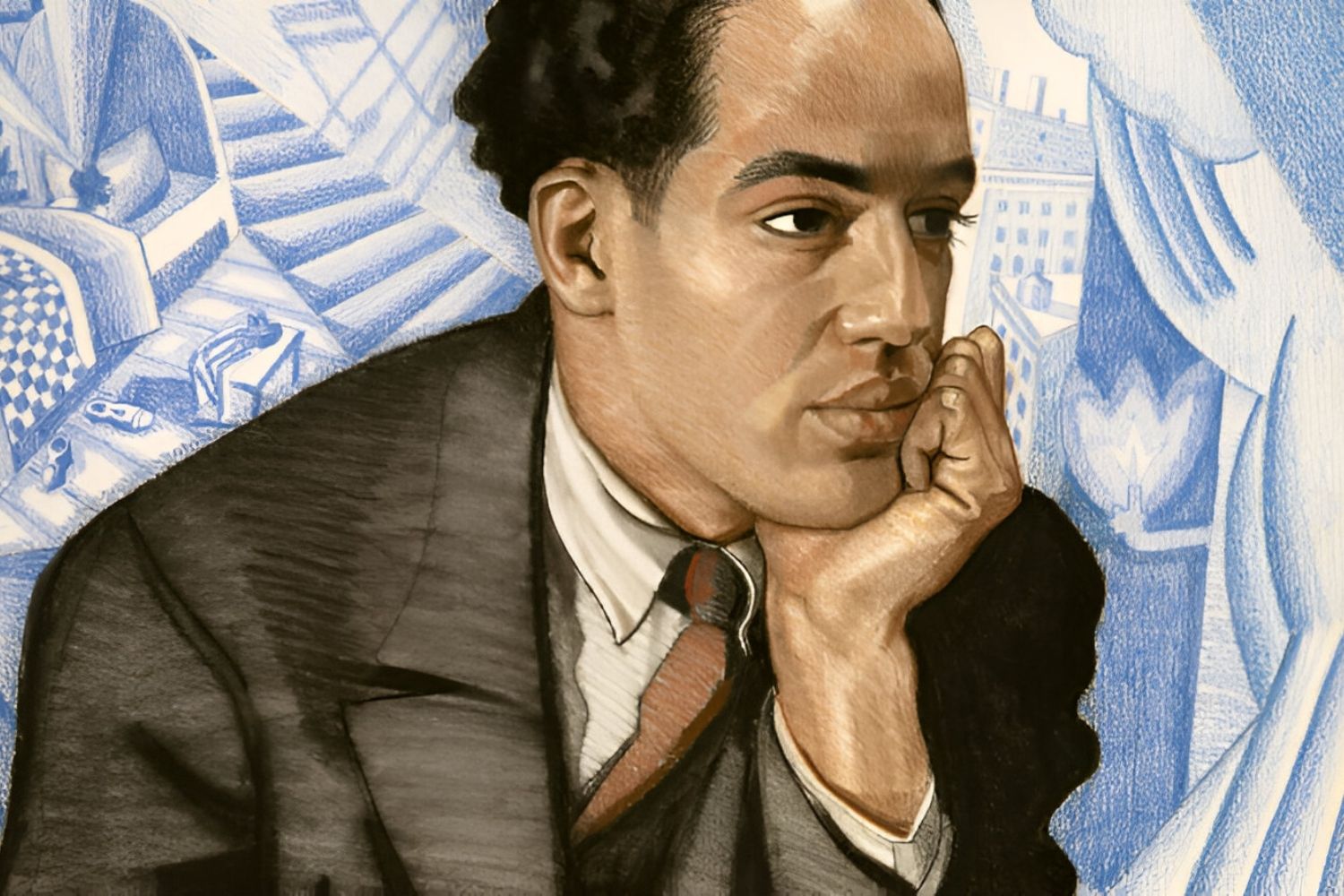
Langston Hughes, a literary giant, left an indelible mark on American culture. Who was Langston Hughes? Born in 1902, Hughes became a central figure in the Harlem Renaissance, a movement celebrating African American cultural expression. His poetry, novels, and plays captured the struggles and joys of black life in America. Hughes's work often highlighted themes of racial pride, social justice, and the quest for equality. He used his unique voice to speak out against oppression and to celebrate the beauty of black culture. Why is Langston Hughes important? His contributions continue to inspire and educate, making him a timeless figure in literature.
Key Takeaways:
- Langston Hughes, a key figure in the Harlem Renaissance, used his writing to advocate for civil rights and celebrate African American culture in the 1920s and 1930s.
- Hughes' legacy as a prolific poet and writer continues to inspire new generations, with his work being studied and celebrated for its profound impact on American literature and culture.
Early Life and Education
Langston Hughes, a central figure in the Harlem Renaissance, had a fascinating early life that shaped his literary career.
- Born on February 1, 1902, in Joplin, Missouri, Hughes was raised by his grandmother until he was 13.
- His grandmother, Mary Patterson Langston, was a significant influence, instilling in him a sense of racial pride.
- Hughes attended Central High School in Cleveland, Ohio, where he began writing poetry.
- He briefly attended Columbia University in New York City but left due to racial prejudice and a desire to see the world.
Literary Career
Hughes' literary career was marked by a prolific output of poetry, novels, plays, and essays.
- His first published poem, "The Negro Speaks of Rivers," appeared in The Crisis magazine in 1921.
- Hughes' first book of poetry, "The Weary Blues," was published in 1926 and won critical acclaim.
- He wrote the novel "Not Without Laughter," which won the Harmon Gold Medal for literature in 1930.
- Hughes was a key figure in the Harlem Renaissance, a cultural movement celebrating African American culture in the 1920s and 1930s.
Social and Political Views
Hughes' works often reflected his views on social justice and racial equality.
- He was a vocal advocate for civil rights and used his writing to highlight the struggles of African Americans.
- Hughes was investigated by the FBI during the McCarthy era due to his alleged communist sympathies.
- His play "Mulatto," which dealt with the complexities of race and identity, was a Broadway hit in 1935.
- Hughes' essay "The Negro Artist and the Racial Mountain" argued for the importance of black artists embracing their cultural heritage.
Personal Life
Hughes' personal life was as intriguing as his professional one, filled with travel and influential friendships.
- He traveled extensively, visiting countries like Mexico, France, and the Soviet Union.
- Hughes was friends with other prominent figures of the Harlem Renaissance, including Zora Neale Hurston and Claude McKay.
- He never married and kept his personal life private, leading to much speculation about his sexuality.
- Hughes lived in Harlem for most of his life, where he became a beloved community figure.
Legacy and Honors
Hughes' legacy continues to inspire new generations of writers and artists.
- He was awarded the Spingarn Medal by the NAACP in 1960 for outstanding achievement by an African American.
- Hughes' home in Harlem was designated a New York City Landmark in 1981.
- The Langston Hughes Medal, awarded for distinguished contributions to arts and letters, was established in his honor.
- His work continues to be studied and celebrated for its profound impact on American literature and culture.
Langston Hughes: A Lasting Legacy
Langston Hughes left an indelible mark on American literature and culture. His work, spanning poetry, novels, plays, and essays, captured the essence of the African American experience. Hughes's ability to blend jazz rhythms with poignant social commentary made his writing unique and powerful. He championed the Harlem Renaissance, giving voice to a generation of Black artists and thinkers. His influence extended beyond literature, inspiring movements for civil rights and social justice. Hughes's legacy lives on through his timeless works, which continue to resonate with readers today. His commitment to equality and artistic expression remains a beacon for future generations. By exploring Hughes's life and contributions, we gain a deeper understanding of the struggles and triumphs that shaped his era. Langston Hughes's enduring impact reminds us of the power of words to inspire change and foster understanding.
Frequently Asked Questions
Was this page helpful?
Our commitment to delivering trustworthy and engaging content is at the heart of what we do. Each fact on our site is contributed by real users like you, bringing a wealth of diverse insights and information. To ensure the highest standards of accuracy and reliability, our dedicated editors meticulously review each submission. This process guarantees that the facts we share are not only fascinating but also credible. Trust in our commitment to quality and authenticity as you explore and learn with us.
